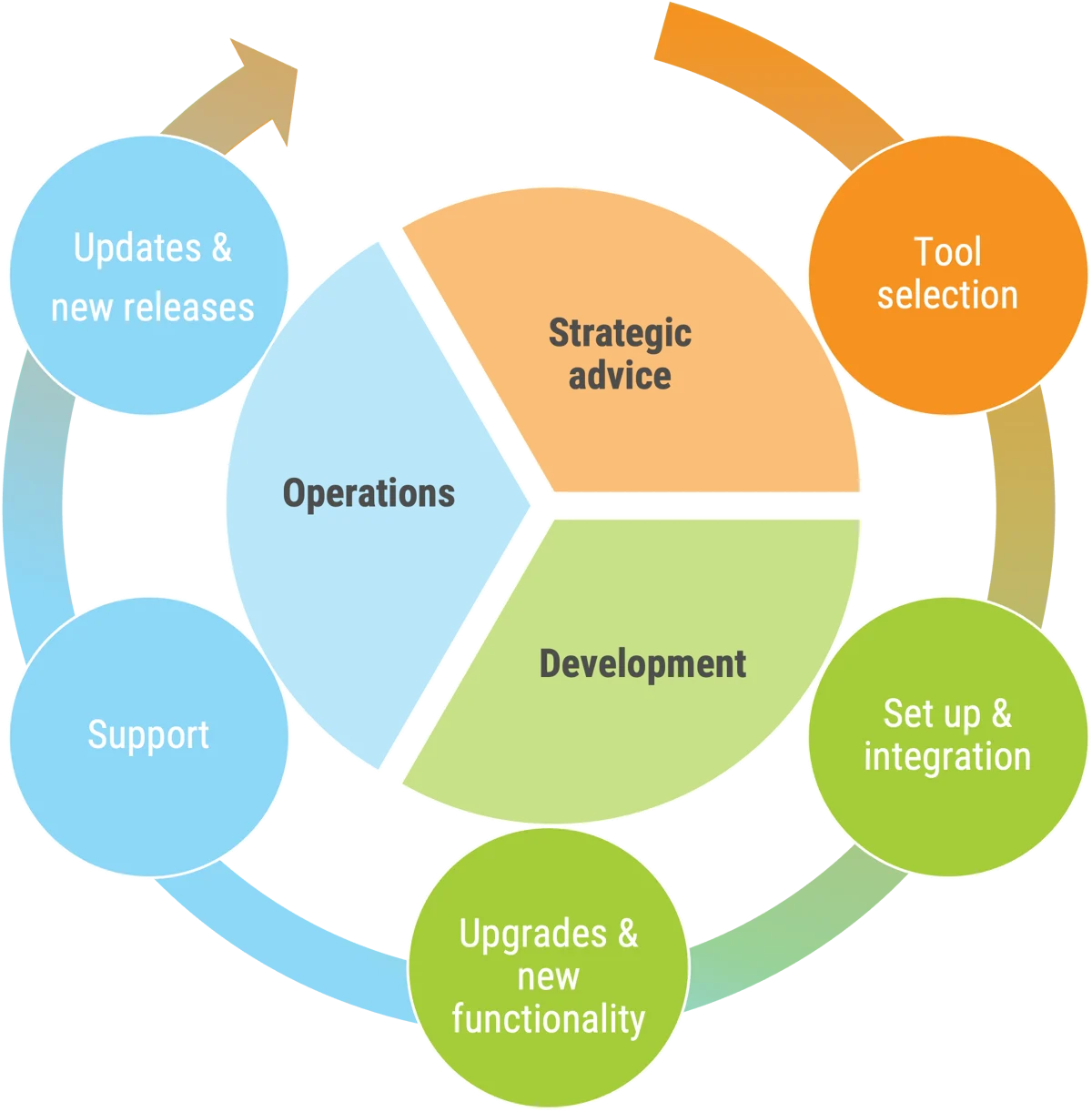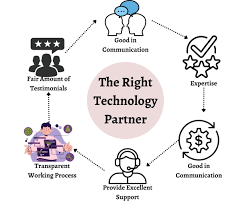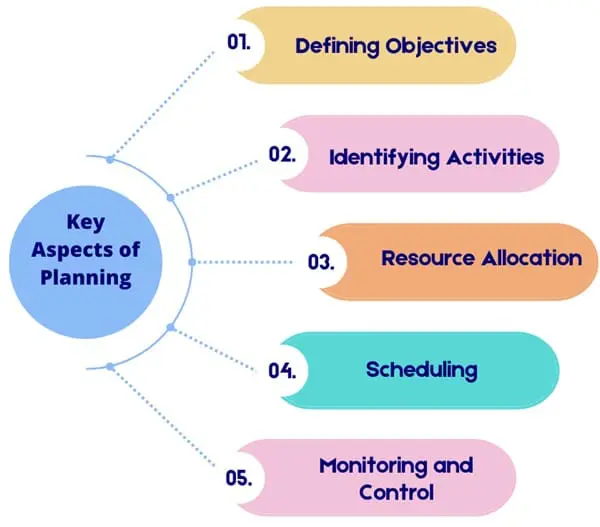In today’s competitive business environment, organizations are constantly looking for ways to improve efficiency, streamline operations, and enhance decision-making. Business Process Management (BPM) and Enterprise Resource Planning (ERP) are two powerful approaches that support these goals — but they serve different purposes. Understanding the differences, benefits, and real-world applications of BPM vs ERP will help businesses choose the right solution for their needs.
Related Reading: BPM & Business Process Automation – A Complete Guide for Modern Businesses
What is BPM?
Business Process Management (BPM) is a methodology focused on analyzing, modeling, optimizing, and automating business processes to improve efficiency and flexibility.
BPM is not a specific software product but rather a strategic approach supported by specialized tools that help businesses adapt to changes quickly.
Key Features of BPM:
- Process modeling and analysis
- Workflow automation
- Continuous performance monitoring
- Integration with multiple business systems
What is ERP?
Enterprise Resource Planning (ERP) is a comprehensive software system designed to manage core business operations in a centralized platform.
ERP solutions integrate multiple functions — such as finance, HR, supply chain, manufacturing, and sales — into one unified system.
Key Features of ERP:
- Centralized data management
- Modules for different business areas
- Real-time reporting and analytics
- Improved cross-department collaboration
BPM vs ERP: Key Differences
| Feature | BPM | ERP |
|---|---|---|
| Purpose | Optimizes and automates workflows | Manages and integrates core business processes |
| Flexibility | Highly adaptable to change | More rigid due to standardized modules |
| Implementation | Faster, focused on specific processes | Longer, enterprise-wide deployment |
| Customization | High | Moderate |
| Primary Benefit | Agility and process improvement | Operational control and efficiency |
Benefits of BPM
1. Enhanced Process Efficiency
BPM identifies bottlenecks and streamlines workflows to save time and resources.
2. Greater Agility
Businesses can adapt to regulatory, market, and operational changes faster.
3. Improved Customer Experience
By removing inefficiencies, BPM improves service delivery and customer satisfaction.
Benefits of ERP
1. Centralized Data Management
All departments access a single source of truth, reducing duplication and errors.
2. Better Decision-Making
Real-time analytics enable informed strategic choices.
3. Cost Savings
Automation and improved efficiency lead to long-term savings.
When to Use BPM
BPM is ideal when:
- Your processes require frequent optimization
- You need to integrate multiple existing systems
- You want to automate workflows without replacing current software
When to Use ERP
ERP is best suited when:
- You want a unified platform for all core operations
- Your business has grown beyond disconnected systems
- You need standardized processes across multiple locations
BPM and ERP Together: A Powerful Combination
BPM and ERP are not mutually exclusive. In fact, integrating BPM with ERP can enhance both systems:
- ERP provides the structure and data
- BPM optimizes and automates the workflows within that structure
This synergy leads to maximum operational efficiency, better compliance, and faster adaptation to change.
Real-World Use Cases
BPM Use Cases:
- Automating customer onboarding in a bank
- Streamlining claims processing in insurance
- Improving order fulfillment in retail
ERP Use Cases:
- Managing inventory in manufacturing
- Tracking financials in large corporations
- Coordinating supply chain in logistics
Final Thoughts
The choice between BPM vs ERP depends on your business goals, processes, and resources. For organizations aiming for operational agility, BPM is the right choice. For those seeking centralized control and integration, ERP is the better option. Many successful companies use both, leveraging their combined strengths for a truly optimized operation.
Singleclic, with over a decade of expertise in ERP, BPM, Low-Code, and Digital Transformation solutions, can help your organization assess, implement, and integrate the right tools for maximum efficiency.
📞 Contact Singleclic Today:
+2 010 259 99225 | +971 42 475421 | +966 58 1106563
🌐 Website: https://singleclic.com/







